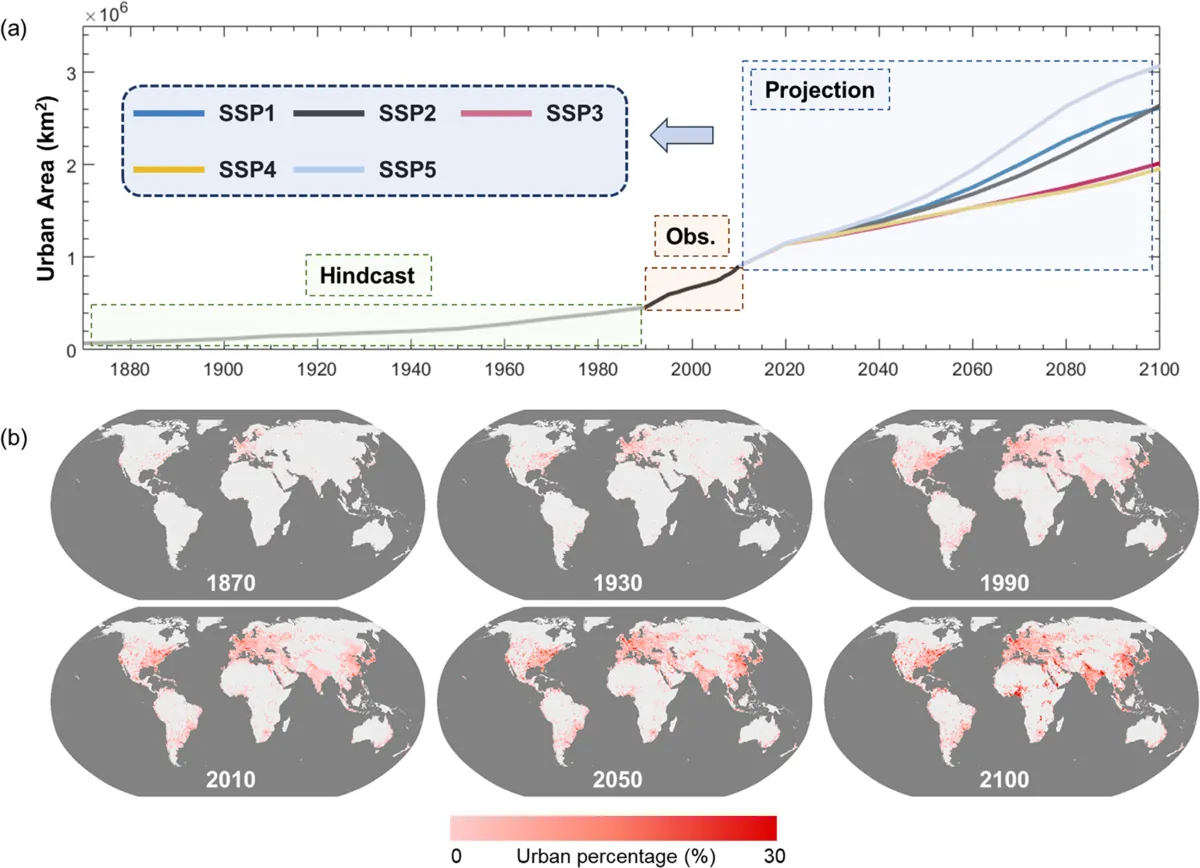Artificial intelligence (AI) is revolutionizing cartography in developing nations, creating detailed maps of previously uncharted areas. This technological advancement is crucial for governments and aid organizations to identify population centers and improve service delivery.
Google's Open Buildings dataset, utilizing AI to analyze satellite imagery, has mapped over 1.8 billion structures across Africa, Asia, Latin America, and the Caribbean. This initiative, spanning from 2016 to 2023, provides valuable insights into urban expansion and demographic shifts in rapidly growing regions.
The dataset's applications are diverse and impactful. In northern Nigeria, it facilitated a targeted vaccination campaign, ensuring children received routine immunizations. Prof Andrew Tatem, director of WorldPop at Southampton University, emphasizes the dataset's significance in creating accurate population estimates and addressing global demographic changes.
"Understanding where people live is vital for making sure that resources are distributed fairly and that no one is left behind in delivering services like healthcare."
AI-powered mapping faces challenges, including limitations in image quality and difficulty detecting small structures like informal settlements. However, its potential to improve lives remains substantial.
This mapping initiative builds upon a rich history of cartography. The first detailed world map was created by Anaximander in the 6th century BCE, while satellite imagery for mapping became widely available in the 1970s. The Global Positioning System (GPS), fully operational since 1995, further revolutionized mapping technology.
Digital mapping has significantly impacted traditional cartography, with paper map sales declining by over 80% in the past decade. However, the importance of accurate maps has only increased, especially in crisis response situations. During the 2010 Haiti earthquake, mapping technology played a crucial role in coordinating relief efforts.
Google scientists acknowledge the dataset's limitations but emphasize its potential to support essential services and crisis response. As mapping technology continues to evolve, it promises to play an increasingly vital role in global development and humanitarian efforts.
